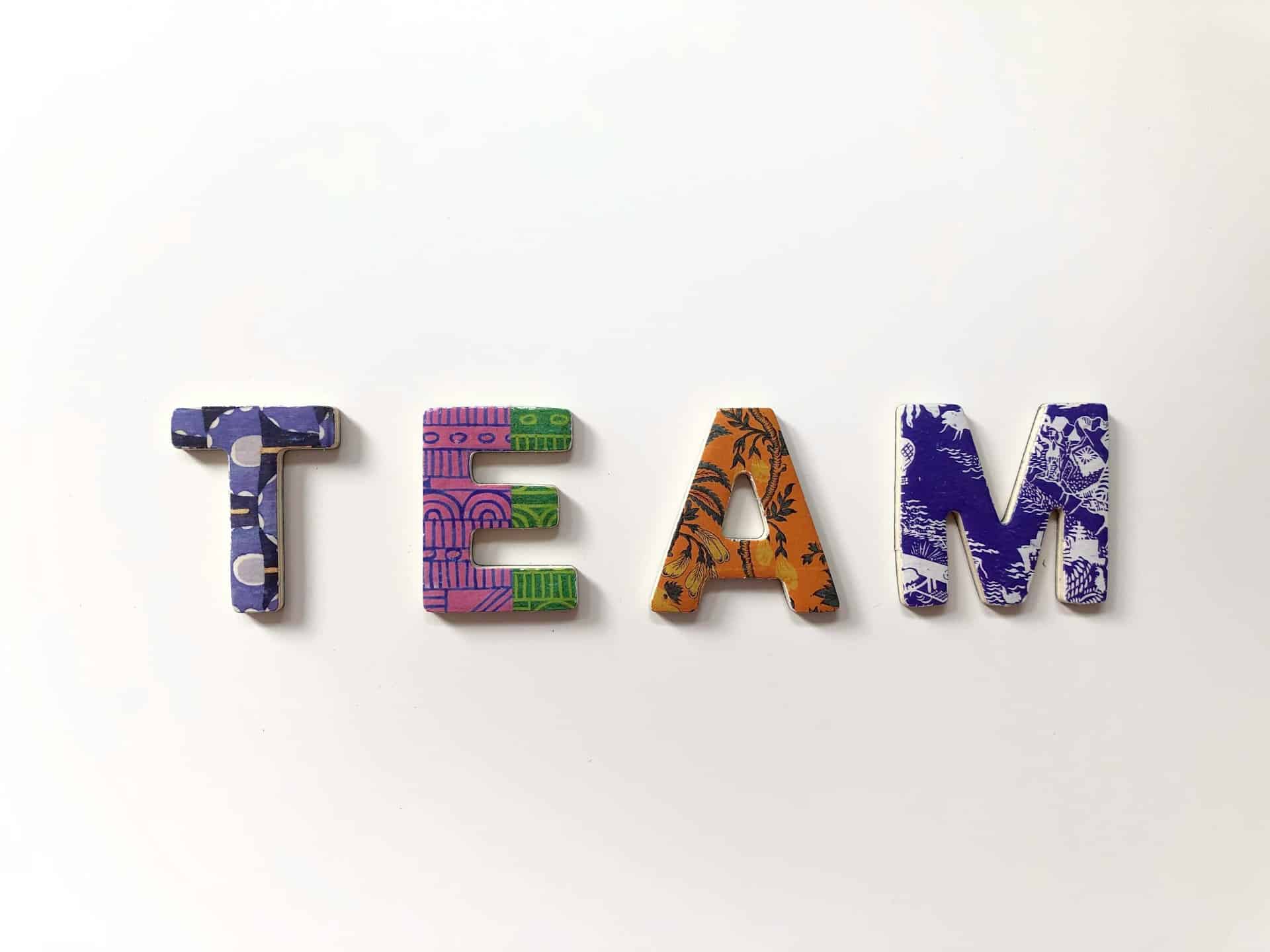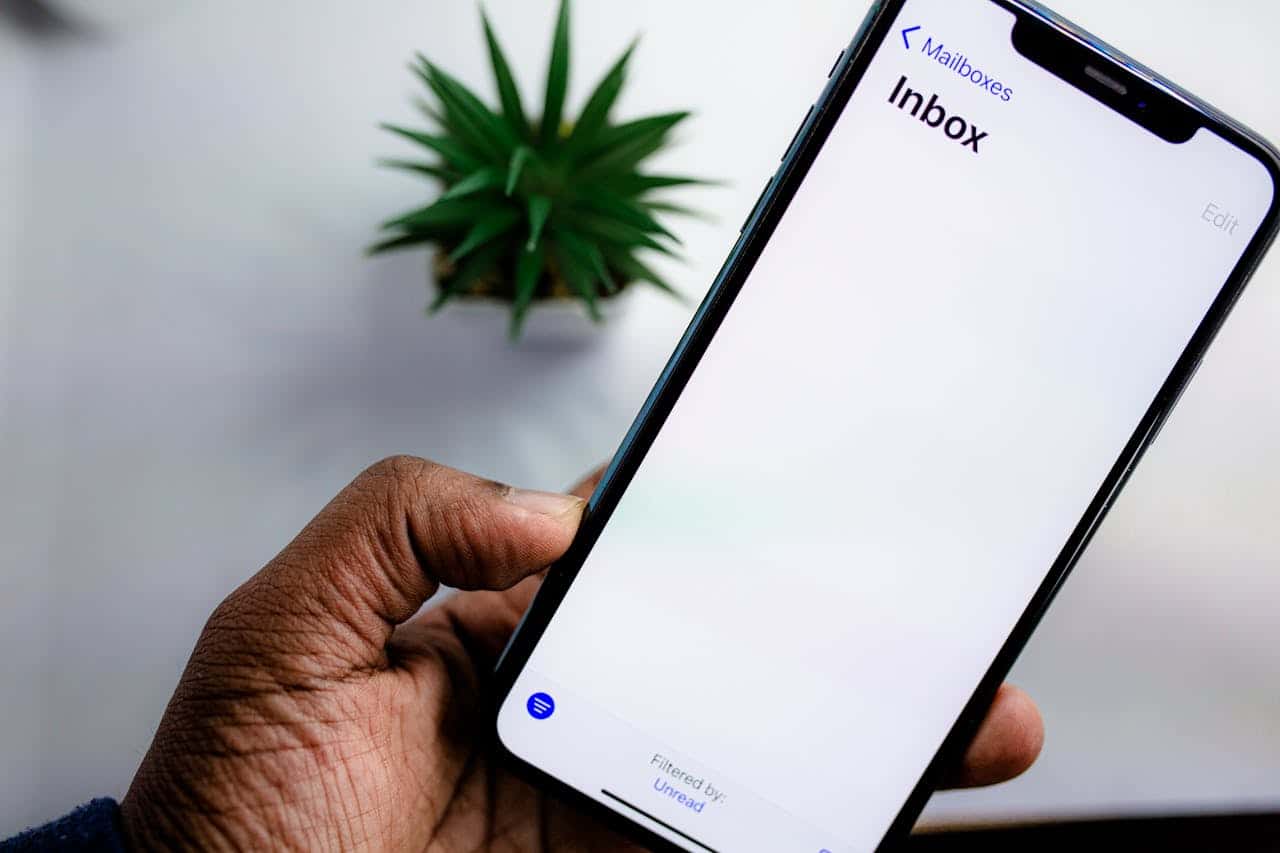The City That Never Sleeps is living up to its name because you haven’t had nearly enough shut-eye since your event-planning company’s latest growth spurt. You’re tickled pink that your side hustle is burgeoning into a full-fledged business, and now you’re ready to build a team to help you hustle your way to the next level of event-planning success. But you haven’t a clue how to start. No worries, we got you. The best event pros know that building a dream team isn’t just about delegation. It’s about designing a squad of pros who elevate the client experience, keep your creative edge sharp, and make you more profitable. Ready to grow your business and build an event-planning dream team you trust? Here’s how to do it smart.
1. Start With the Roles That Boost Capacity First
You don’t need a 10-person staff overnight. Begin by hiring to support the areas draining your time or slowing down growth.
High-impact first hires:
- Event Assistant or Coordinator: Handles logistics, vendor calls, timelines—so you can stay client-facing.
- Admin or Project Manager: Manages calendars, contracts, payments, and inbox clutter.
- Freelance Event Stylists or Designers: Deliver that “wow” look without you touching every centerpiece.
Pro Tip: Start with contractors or part-timers before jumping into full-time salaries. Flexibility is your friend.
2. Define Your Brand and Hire People Who Match It
Not everyone with event experience is right for your brand. Are you luxury and polished? Fun and edgy? Cool and unconventional?
Before hiring:
- Document your brand tone, client experience expectations, and design style.
- Create a list of values (e.g., calm under pressure, proactive communication, creativity on demand).
- Ask scenario-based questions during interviews to see how candidates handle real-world event chaos.
If your business is personality-driven (read: you are the brand), find people who complement your style—not just copy it.
3. Train for Consistency, Not Control
When you’re scaling, consistency matters more than micromanagement. Build systems that let your team deliver the same high-level results every time.
Smart systems to build:
- Standard operating procedures (SOPs): For timelines, client onboarding, vendor outreach, day-of execution, etc.
- Templates & checklists: So no one’s reinventing the wheel or forgetting a backup battery for the mic.
- Client handoff process: So you’re not bottlenecking approvals or drowning in CC’d emails.
The more your team can run without you, the more time you free up for vision, growth, and high-end clients.
4. Hire for Strengths You Don’t Have
Great leaders don’t hire clones. They hire people who fill the gaps.
Maybe you’re the visionary, but not the best at spreadsheets. Or you’re a master of glam tablescapes but dread logistics. Own it—and then hire someone who loves the stuff you hate.
Key specialty hires to consider:
- Logistics lead or operations manager
- Marketing/content assistant
- Sales or client success rep
- Tech-savvy AV or event software support
Scaling smart means building a complementary team, not a competitive one.
5. Create a Culture People Actually Want to Be Part Of
You don’t need to be a giant agency to build a culture people love. Whether you’re running a team of two or ten, how you lead matters.
Ways to create team magic:
- Celebrate wins (client raves, sold-out events, last-minute saves).
- Give feedback early and often—but with kindness.
- Make space for growth—invest in training, conferences, and certifications.
- Be the calm in the storm. Event work is stressful enough.
People stick with leaders who see them, support them, and let them shine.
6. Let Delegation = Revenue
Here’s the shift: delegation isn’t an expense. It’s a growth strategy.
Every task you delegate is time you can spend:
- Bringing in new business
- Nurturing VIP clients
- Creating new offerings
- Building partnerships and referrals
Hiring someone for $30/hour to handle admin frees you up to land a $10K event. Do the math. Build the team.
Independent Contractors vs. Employees
The two most common options for how to build a team from scratch are independent contractors and traditional W2 employees.
There are some important differences between independent contractors and employees. And event planners on the hunt for a dream team need to understand these differences to avoid running afoul of the law.
Employees are additionally protected by the Fair Labor Standards Act and applicable state laws. This law compels employers to provide benefits, like a minimum wage, overtime pay, workers’ compensation insurance, and more. Even hiring one part-time employee will obligate you to follow the FLSA and other labor laws.
Building your team with independent contractors is a great option when you’re overworked but not ready to hire full-time. Event planners who hire independent contractors won’t need to wade through complex labor and tax laws. However, you need to avoid the pitfalls of mislabeling employees as independent contractors.
Tips for Building an Event-Planning Dream Team
Even after you decide between part-time employees, freelancers, or a mix of both, the work of building your dream team has only just begun. Your team will be an extension of your event-planning brand and its reputation. Follow these tips to ensure your dream team doesn’t create a nightmare for you or your clients.
- Create vision, values, and mission statements. These statements define what your brand represents and become the foundation of your company culture. Clearly defining your vision, values, and mission will go a long way toward creating a vibe that protects both your brand and the energy of your workplace.
- Define the role you’re creating. Have a clear plan for the person who steps into the role you’re creating. Understanding what you need before you begin looking will ensure a good fit, reduce surprises, and establish fair compensation.
- Define the skills and qualities you need. With the job description in hand, you’re ready to think hard about the qualifications required to successfully perform the role. Brainstorm hard and soft skills. Sure, your marketing specialist needs to craft scroll-stopping social media posts. But she also needs people skills to coordinate with sponsors and speakers.
- Start searching within your network. As an up-and-coming NYC event planner, you strive to build an impressive social and professional network. Now’s the time to cash in on your connections. Build your event planning team with referrals from people you know and trust.
Find Your Event-Planning Dream Team at The Event Planner Expo
Stop burning the midnight oil. Instead, build a dream team of event-planning whizzes to take your event business to magical new heights. Employees versus freelancers is a common conundrum for growing NYC event planners. Hiring part-time employees will give you much more control over their work (and their results), but it leads to a labyrinth of labor laws. Going with freelancers will simplify things, but you’ll also have to let go of the reins for some things. Regardless of how you build your event-planning team, you’ll need to take steps to ensure your clients get the same great care they’ve come to expect from your event business.
Introduce your clients and the rest of NYC to you and your dream team at The Event Planner Expo. There, you’ll have access to top corporate decision makers in the event planning space. Reserve your exhibitor’s booth today.








